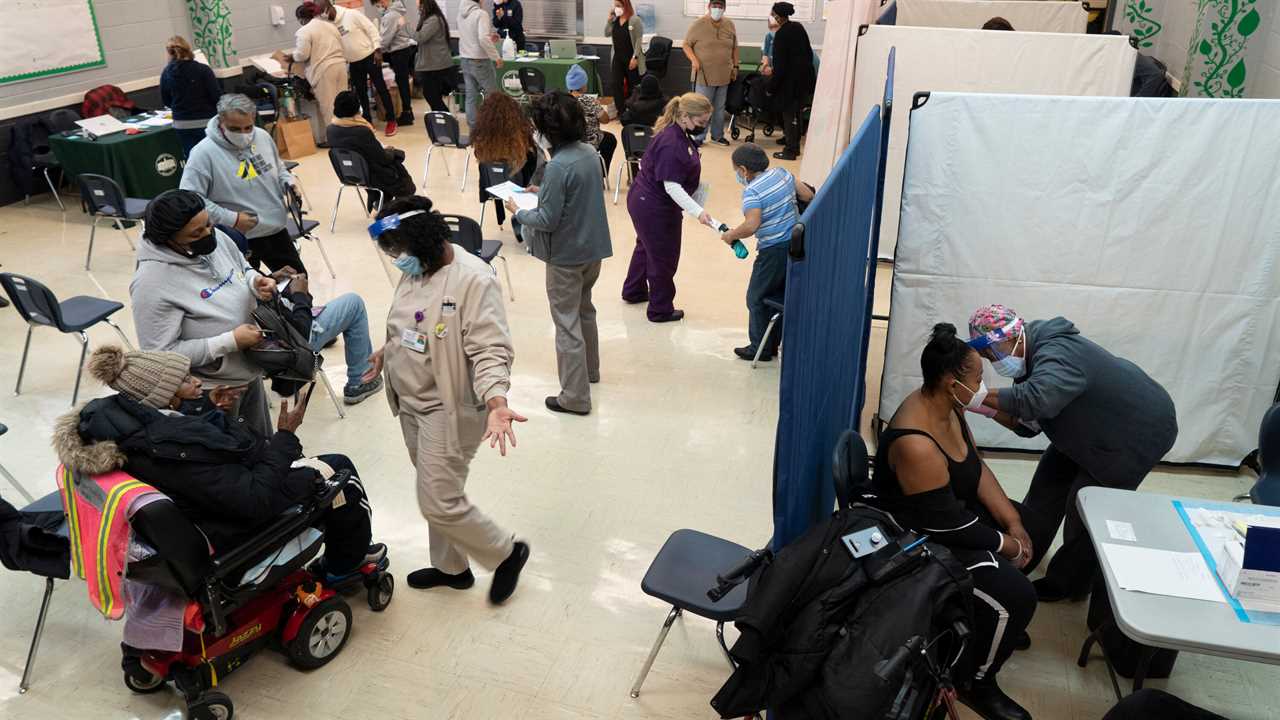
WASHINGTON — An independent panel advising the Centers for Disease Control and Prevention on Friday recommended third doses of coronavirus vaccine for certain people with weakened immune systems, giving its support to the Food and Drug Administration’s authorization of the extra shots.
The F.D.A. on Thursday cleared third doses for people with solid organ transplants and others with similarly weakened immune systems, who face a higher risk of severe bouts of Covid-19.
After nearly three hours of presentations and discussion on Friday, the C.D.C. committee, made up of medical experts, voted unanimously to recommend third shots for people in the category who have already received the two-dose vaccines made by Pfizer-BioNTech or Moderna.
While the panel’s guidance is nonbinding, it is followed closely by physicians and public health departments. Dr. Rochelle Walensky, the director of the C.D.C., quickly signed off on the recommendation, calling it “an important step in ensuring everyone, including those most vulnerable to Covid-19, can get as much protection as possible from Covid-19 vaccination.”
About three percent of Americans have weakened immune systems for a variety of reasons, from a history of cancer to the use of certain medications such as steroids.
Dr. Neela D. Goswami, a C.D.C. official, said the group now eligible for third shots could include those with advanced or untreated H.I.V. infections, those who have undergone certain types of stem cell transplants within the past two years and those receiving certain kinds of chemotherapy, among others.
Those slated for treatments that weaken the immune system should get a third dose beforehand, Dr. Goswami said. Everyone eligible for a third shot should wait at least 28 days after their second before getting it, according to the C.D.C.
Dr. Dorry L. Segev, a transplant surgeon at Johns Hopkins University who has researched the impact of third doses in transplant recipients, praised the C.D.C. for putting out a more detailed guidance on who should receive a third shot.
“It is incredibly difficult to come up with clearly delineated criteria for who should be getting” a third shot among those with weakened immune systems, he added.
Dr. Jose U. Scher, a rheumatologist at NYU Langone Health who has studied the effect of vaccines on the immunocompromised, said that the C.D.C. vote — and the guidance from its experts — would help patients who had been agonizing over whether to seek out a third shot. Previously, he said, when people tested themselves for antibodies after vaccination and came up empty, “there were no tools for us to respond to that.”
Latest Updates
- Iran is struggling with its worst wave yet of the virus.
- The F.D.A. authorized a third dose of Covid vaccines for immunocompromised people.
- The U.S. Supreme Court blocked part of New York’s eviction moratorium.
“We now know that this population was being left behind,” he said.
Immunocompromised people will not need a doctor’s permission or a prescription to get a third shot, C.D.C. officials said. They will need only to attest that they meet the eligibility requirements for an additional dose. Anyone else, including people with chronic medical conditions, like diabetes or asthma, should not be getting third shots at this point, they said.
Dr. Scher predicted that this honor-system approach could be messy. “I don’t know if there’s any way of corroborating someone’s claim” of being immunocompromised, he said. Requiring some kind of proof, such as a doctor’s note, would be a better process, he said.
The updated F.D.A. authorizations do not apply to immunocompromised people who received the single-dose Johnson & Johnson vaccine. The C.D.C. panel did not offer recommendations on additional shots for that group, which is believed to be small. But the lack of guidance from either the F.D.A. or C.D.C. has left that group in limbo.






